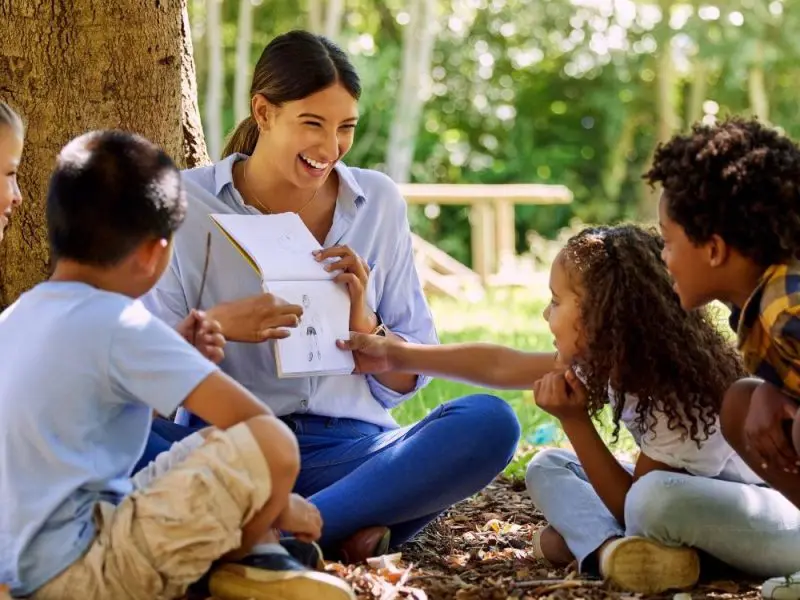Readiness to Learn in Minority Francophone Communities: First Cohort Findings Report
The purpose of this report is to document the effects of the new preschool program on the children and families participating in the Readiness to Learn in Minority Francophone Communities project (henceforth referred to by its abbreviated title: Readiness to Learn project; formerly known as the Child Care Pilot Project), a demonstration project funded by Human Resources and Skills Development Canada (HRSDC).
The project tests a preschool child care program1 which pairs a child care component specifically developed to meet the needs of francophone children in minority settings with a family literacy component targeting the children’s parents.
The program aims to develop a child’s language skills, knowledge and use of French, awareness of and identification with the francophone culture as well as foster his or her school readiness and overall development. The program is evaluated using a quasi-experimental research design with non-equivalent comparison groups. The research design comprises three treatment groups: the Program Daycare group made up of children enrolled in francophone daycare centres offering the new preschool program; the Comparison Daycare group consisting of children enrolled in francophone daycares that do not offer the new program; and the Informal Care group consisting of children who are cared for during the day at home or in an unregulated family daycare setting. The Comparison Daycare group aims to control for the influence of a formal daycare centre on child development, a treatment in itself. The Informal Care group controls for the influence of an informal care setting on child development. The project includes two participating cohorts — the first enrolled in 2007 and the second enrolled in 2008.
Project Details
Published: September 2014
Capability: Experimentation
Policy Area: P-12 Education - Preschool
Population: Official Language Minorities - Communities and Families - Children
Other Related Projects and Publications
Other Related Projects

Strengthening the Capacity of Organizations to Meet the Employment Skills Needs of Francophone Newcomers in Minority Situations
The Social Research and Demonstration Corporation (SRDC), in partnership with the Coalition ontarienne de formation des adultes (COFA), will develop innovative, integrated and adapted…
Read More
Provincial Training Initiative: Phase 2 Evaluation
The Provincial Training Initiative (PTI) is a multi-year project collaboration between Children’s Mental Health Ontario and the Lead Agency Consortium that will increase the…
Read More
We Are Here to Help You: Testing a Proactive Outreach Approach to Settlement Service Delivery
Settling in a new country often involves adapting to a new language and culture, navigating new systems, finding housing and employment, and establishing social…
Read More